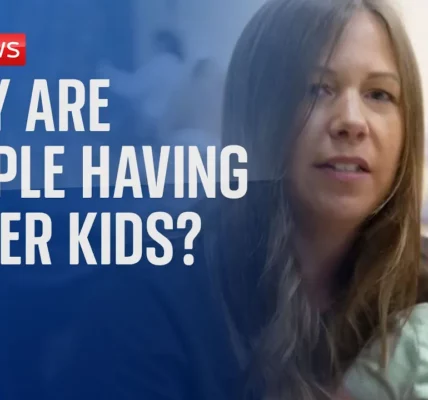One Year After the October 7 Attacks: A Reflection on the Humanitarian Crisis

This article delves into the ongoing humanitarian crises in Israel, Gaza, and Lebanon, marking the solemn anniversary of the October 7 terrorist attacks. It discusses the political ramifications, the humanitarian impact, and the urgent need for diplomatic solutions.
Introduction
The one-year anniversary of the October 7 attacks serves as a stark reminder of the fragility of peace in the Middle East. This tragic event not only resulted in significant loss of life but also intensified the already dire humanitarian crises in Israel and Gaza, as well as escalating tensions in Lebanon. As leaders from various political factions address the nation, it is crucial to explore the implications of these discussions and the urgent need for effective humanitarian interventions and sustainable political solutions.
The Humanitarian Crisis: A Year in Review
The past year has witnessed a staggering increase in violence and suffering across the region. The conflict has exacerbated pre-existing humanitarian issues, leading to a catastrophic loss of life and displacement.
Loss of Life and Displacement
According to reports, over 41,000 Palestinians have died as a result of the ongoing conflict, alongside thousands of Israelis. The high death toll and widespread displacement raise urgent questions about the protection of civilians and the need for immediate humanitarian assistance.
Impact on Vulnerable Populations
- Pensioners living in poverty have increased substantially, indicating the socio-economic fallout from the conflict.
- Children remain particularly vulnerable, with many suffering from malnutrition and lack of access to basic healthcare.
- The psychological impact on families who have lost loved ones or who have family members held hostage is profound, requiring urgent mental health interventions.
Political Discourse and Accountability
The political discourse surrounding the crisis has been marked by calls for accountability and a commitment to transparency. The Secretary of State has faced questions regarding the government’s response to the humanitarian needs and the alleged mismanagement of funds and support systems.
Government Accountability
- The government has been urged to crack down on fraud within the welfare system to ensure that aid reaches those who genuinely need it.
- There have been calls for the release of hostages and for the government to take a firmer stance against violence and anti-Semitism.
- Leaders have emphasized the importance of listening to the voices of those directly affected by the conflict, advocating for policies that prioritize human rights and humanitarian aid.
International Response
The international community has also been vocal, with leaders condemning acts of violence and expressing solidarity with the victims. Many have called for:
- Immediate ceasefires to allow for humanitarian assistance.
- A renewed focus on diplomatic solutions, particularly the two-state solution.
- Increased humanitarian aid to alleviate the suffering of civilians caught in the crossfire.
The Path Forward: Diplomacy and Humanitarian Efforts
As the anniversary of the October 7 attacks passes, it is imperative that all parties involved prioritize dialogue and diplomacy over military action. The potential for a peaceful resolution exists, but it requires commitment from both local and international leaders.
Rebuilding Trust and Seeking Solutions
The ongoing violence underscores the necessity for a political solution that addresses the root causes of the conflict. The two-state solution emerges as a viable path forward:
- Establishing a viable Palestinian state alongside Israel, ensuring security for both peoples.
- Engaging in open dialogue that includes the voices of affected communities.
- Addressing human rights violations and ensuring accountability for all parties involved.
Humanitarian Aid and Support
Efforts to provide humanitarian aid must be intensified. This includes:
- Restoring and increasing support for organizations like UNRWA that provide essential services.
- Implementing measures to ensure the safe delivery of aid to those in need.
- Coordinating with international partners to ensure a unified response to the humanitarian crisis.
Conclusion
The anniversary of the October 7 attacks serves as a grim reminder of the urgent need for peace and stability in the Middle East. As we reflect on the past year, it is clear that without a concerted effort towards diplomacy, humanitarian aid, and accountability, the cycle of violence will continue. It is crucial for all stakeholders to commit to a future where the rights and lives of all individuals are respected and protected. We must come together to advocate for peace and ensure that the voices of those suffering are heard. Let us work towards a resolution that honors the memories of those lost and upholds the dignity of every human life.
“`




